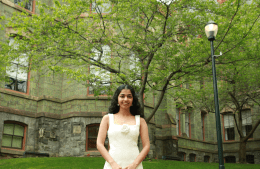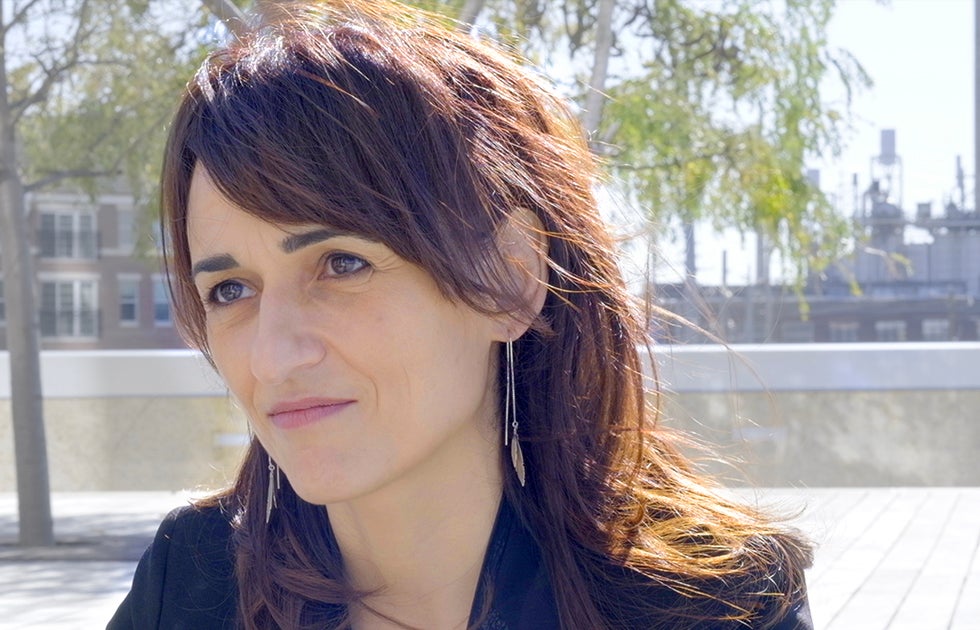
Sandra González-Bailón, Ph.D.

- Carolyn Marvin Professor of Communication and Sociology (Secondary Appointment)
- Director, Center for Information Networks and Democracy
- Associate Dean for Doctoral Studies
Sandra González-Bailón studies communication networks and how they shape exposure to information. Her empirical research spans the analysis of non-institutional forms of civic engagement, the coordination of information campaigns, and the consumption of news and political content.
Sandra González-Bailón is the Carolyn Marvin Professor of Communication at the Annenberg School for Communication, and Director of the Center for Information Networks and Democracy (CIND). She also has a secondary appointment in the Department of Sociology at Penn.
Prior to joining Penn, she was a Research Fellow at the Oxford Internet Institute (2008-2013). She completed her doctoral degree in Nuffield College (University of Oxford) and her undergraduate studies at the University of Barcelona.
Her research agenda lies at the intersection of computational social science and political communication. Her applied research looks at how online networks and algorithmic curation shape exposure to information, with implications for how we think about political engagement, mobilization dynamics, information diffusion, and the consumption of news.
Her articles have appeared in journals like PNAS, Nature, Science, Political Communication, The Journal of Communication, and Social Networks, among others. She is the author of the book Decoding the Social World (MIT Press, 2017) and co-editor of The Oxford Handbook of Networked Communication (OUP, 2020).
Education
- M.S., University of Oxford, 2004
- Ph.D., University of Oxford, 2007
Selected Publications
“Meaningful measures of human society in the twenty-first century.” Nature, 2021.
“Computational social science: Obstacles and opportunities.” Science, 2020.
Her full list of publications can be found here.
Courses
- COMM 5940 Introduction to Networks
- COMM 3670 Communication in the Networked Age
- COMM 4070 Understanding Social Networks
- COMM 6840 Data Visualization for Research
- COMM 4360 Data Literacy in the Algorithmic Society
- COMM 6120 Meaningful Measures in a Data-Driven World

A New Study Uncovers How Information Spread on Facebook in the Lead up to and After the 2020 Election
Professor Sandra González-Bailón and colleagues analyzed the spread of over one billion Facebook posts to reveal how information flowed on the social network.









